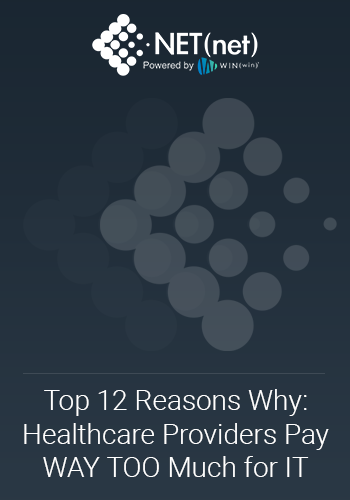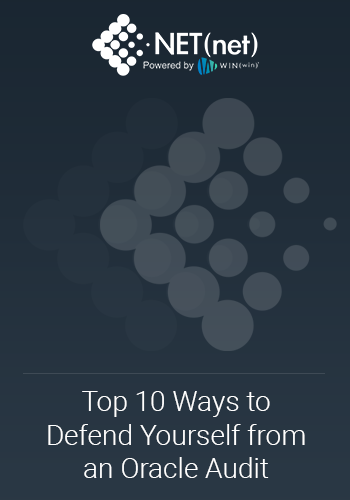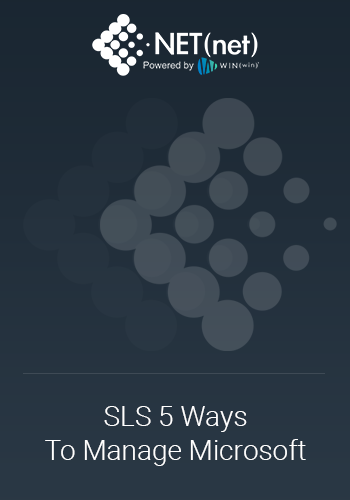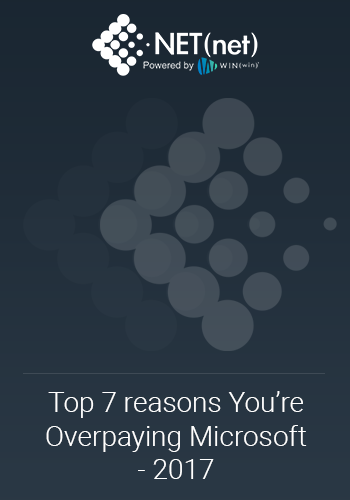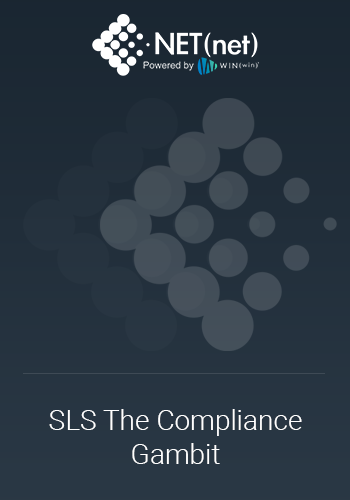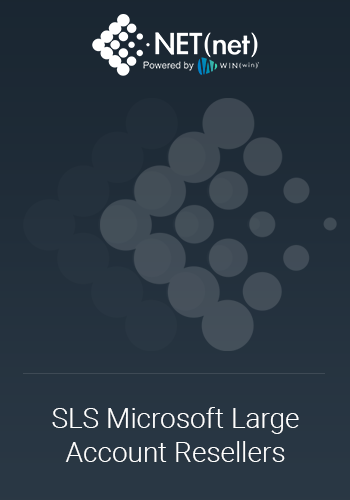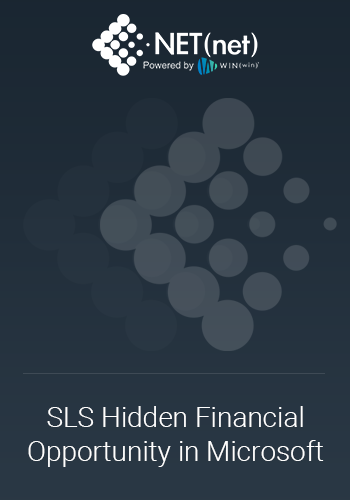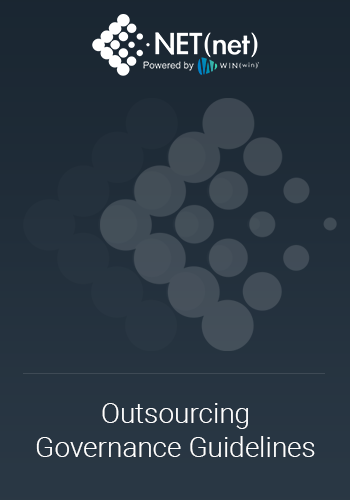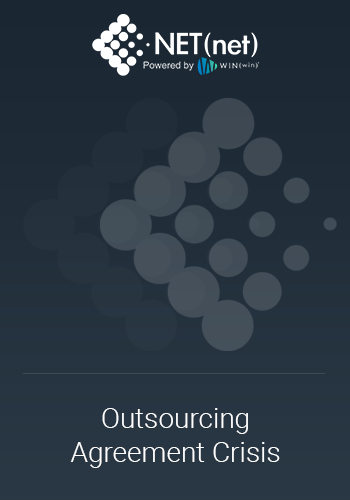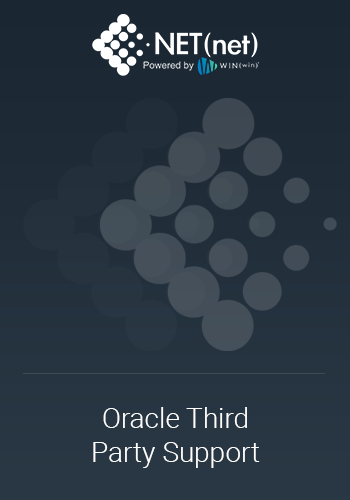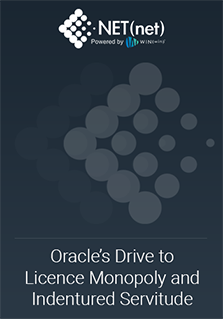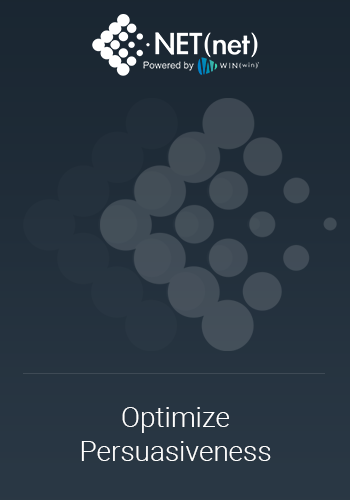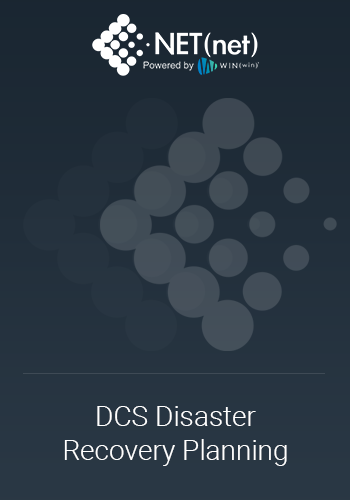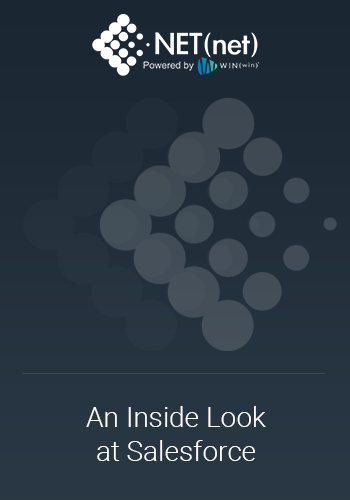The public-cloud market is hitting unprecedented scale in 2025. The three dominant service providers, Amazon Web Services (AWS), Microsoft Azure, and Google Cloud, continue to post record growth, fueled by generative AI, massive data flows, and enterprise migrations. According to market trackers, global cloud-infrastructure spending hit roughly US $99 billion in Q2 2025 alone, growing more than 25 % year-on-year. That scale is impressive, but the flip side is equally important. With scale comes structural exposure to over-consumption, waste, runaway costs, and sub-optimized deployments. This article reviews the numbers behind the “Big ...
Read More
Preface Nearly all clients are seeking greater prosperity in 2024. While client organizations are still focused on cost reductions to meet the challenges of their new economic and market realities, the pent-up demands of the business are increasingly calling for innovation, automation, and organizational performance improvement. Digital Transformation has emerged as the #1 Way to Boost Performance and Savings concurrently. Client organizations that are digitally transforming are harvesting greater value by: Automating tasks (RPA) to streamline efficiencies Unlocking data insights (ML) for better organizational (AI) decision-making Empowering ...
Read More
Preface Thank you for joining us to learn more about the Top 5 Digital Transformation strategies you can use to unlock prosperity in 2024. Nearly all clients are seeking greater prosperity in 2024. While the demands of the business are increasingly focused on innovation, automation, and organizational performance improvement, client organizations are still focused on cost reductions to meet the new economic and market realities. We foresee a volatile and unpredictable business landscape predicated on geopolitical tensions, economic uncertainty, and continued supply chain disruptions as client organizations continue to diversify their ...
Read More
Preface While cloud adoption has been growing rapidly since before the pandemic, in recent years, there are signs of a slowdown in the overall rate of growth. Several factors contribute to this trend: Price shock: As client organizations migrated their workloads to the cloud, they often underestimated the costs involved. While the cloud offers scalability and flexibility, it is not always the most cost-effective option, particularly for certain types of workloads. Some clients experience price shock when they receive their cloud bills, especially if they haven't properly optimized their resources, realized the implications of data movements, ...
Read More
Preface Many client organizations buy a Datadog subscription (at least initially) to monitor cloud application performance to identify and reduce cloud costs (generally as a result of inefficient processing). As time goes on, and the client organization expands its use of monitoring, these costs start to stack up. At some point, clients start wondering, ‘who is the Datadog for my Datadog’!? If you’re getting rolled by your Datadog subscription, you just may need to get that dawg in you. For real! Introduction Datadog is a monitoring and analytics platform for cloud-scale applications, providing monitoring of servers, databases, tools, and ...
Read More
Preface Despite a pervasive industry need, cloud cost optimization has not yet lived up to its potential. Clients are continuing to suffer from cloud cost overruns and efforts to cut costs have been largely ineffective. So then, what is the future for cost optimization with cloud solutions like AWS, Azure, and GCP? Background Review our recent 3-part series on Cloud Costs: Take a look back at our recently completed 3-part series on cloud costs, where we detailed the top 5 price shock phenomena of cloud computing, and how those shocking prices were often caused by migrated workloads that turned out not to be well suited for cloud computing ...
Read More
Preface A big story in the first quarter of 2023, is that the era of hyper-accelerated cloud migrations, which has been causing unassailable growth for the major cloud computing providers, may be slowing. Last quarter, Amazon (AWS) posted 'the slowest growth in its history' at 27.5%, down from 33% the quarter before. Cloud Growth at Azure, and GCP is slowing too as customers get a dose of cloud 'cost reality' or what we like to call, Price-Shock. As it turns out, cloud deployments are not always cheaper than implementations on-premises, and many client organizations are determining that previous cloud-migrated workloads may not deliver the ...
Read More
Ahh, May. The month itself is named after Maia, the Greek goddess of Spring - and it's easy to see why. In the emerald month of May, life begins anew as the grass turns green, new leaves come out on the trees, and flowers bloom. It is the season of hope, optimism, and renewal. Oops, did I just say renewal? Oh, that's right, May is also Oracle's fiscal year-end, and the busiest month of the year for your beloved Oracle reps as they scramble to sell new business and process your most recent hostage invoices (otherwise known as your annual maintenance service & support renewals). Instead of enjoying the greening of the great outdoors, many ...
Read More
This is part two of an ongoing series we call Debunking Microsoft where we address the ongoing disinformation, half-truths, and mysticism surrounding its own products as it relates to Customer licensing, usage, contracts, terms, pricing, and much more. In part one, we addressed what we frequently hear from clients which is that Microsoft has told them around using their own licenses in a cloud other than their own. Words to the effect of... “You can’t use your existing Microsoft licenses on non-Microsoft clouds such as Amazon or Google.” In part two, we deep dive into the licensing and product use terms that many Microsoft customers get ...
Read More
Preface Thank you for joining us for this 3-part series on Cloud Costs, where we explore the Top 5 Price Shock Phenomenon’s of Cloud costs, resulting in part from the Top 5 Workloads that are NOT Well Suited for the Cloud, and largely resulting in the Top 5 Reasons Why Clients Are Repatriating previously migrated Workloads from cloud deployments back on-premises: Part 1 (Feb 15): Top 5 Price Shock Phenomenon’s of Cloud Costs Part 2 (Mar 15): Top 5 Workloads that are NOT Well Suited for the Cloud Part 3 (Apr 15): Top 5 Reasons Why Clients Are Repatriating Workloads (This One) Part 3: Top 5 Reasons Why Clients Are Repatriating Workloads In ...
Read More

